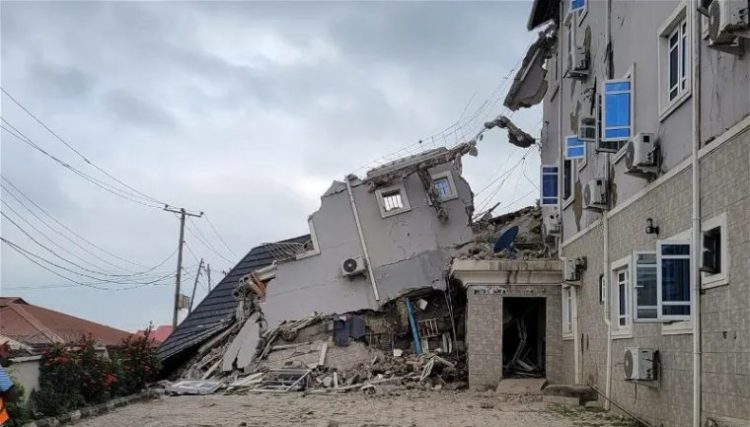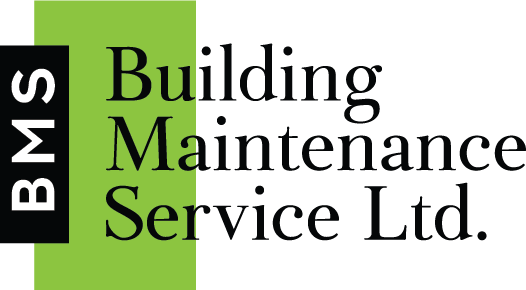In recent years, Nigeria has seen a troubling rise in building collapses, a trend that highlights significant issues within the construction and real estate sectors. Notably, Lagos State recorded the highest number of building collapses, with a study by the Building Collapse Prevention Guild indicating a worrying prevalence over the last 50 years. This year alone, multiple incidents have underscored the urgency of addressing these risks, including a notable collapse in the Kubwa area of the Federal Capital Territory, which tragically trapped several individuals.

Building collapses often stem from factors such as the use of substandard materials, non-compliance with building codes, and inadequate supervision during construction. To mitigate these risks, it is crucial for stakeholders in the building industry to adhere strictly to regulatory standards and ensure thorough oversight throughout the construction process. Regular audits and inspections by certified professionals can help identify potential issues before they lead to catastrophe.
Furthermore, implementing advanced technology and innovative practices in building design and construction can play a pivotal role in enhancing structural integrity. Techniques like structural health monitoring and the use of high-quality building materials should be standard practice.
Finally, BMS building services prove essential in maintaining the safety and longevity of structures. BMS not only help in monitoring the structural health but also ensure that all aspects of a building, from electrical systems to plumbing, are regularly checked and maintained to prevent any deterioration that might compromise the building’s stability.
By prioritizing these measures, Nigeria can significantly reduce the incidence of building collapses and ensure the safety and security of its infrastructure. Get in touch with BMS today through the contact details on the homepage.
